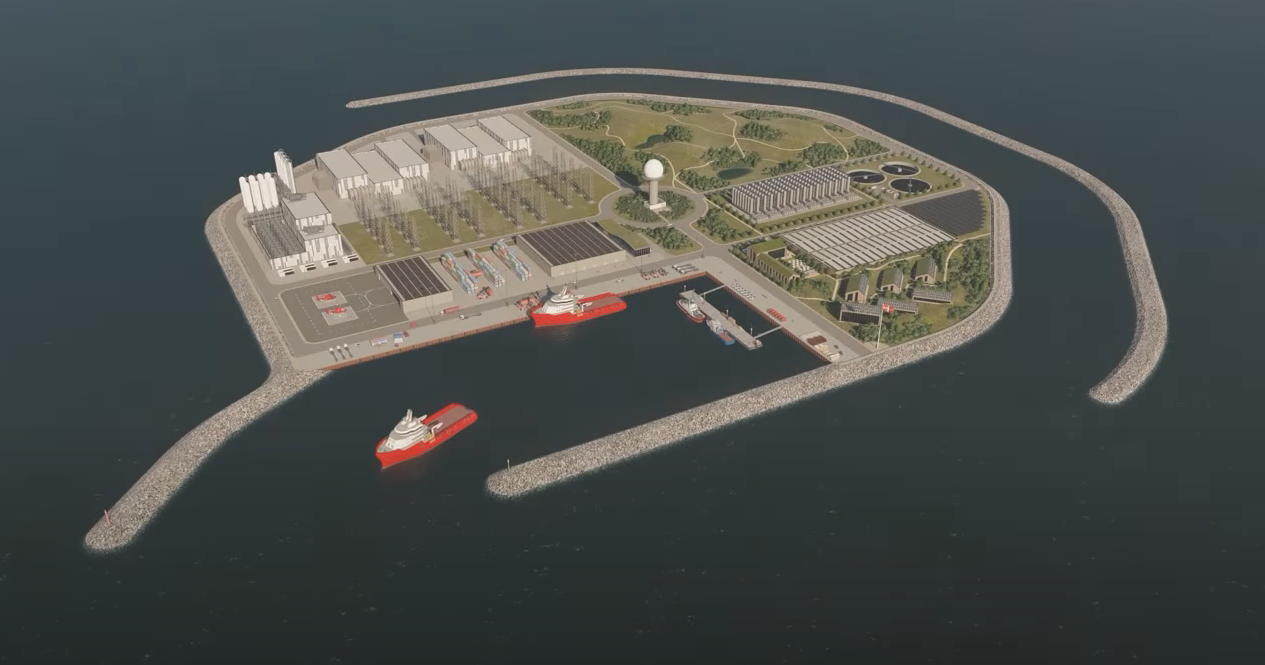Power Grid
DENMARK: WORLD'S FIRST ARTIFICIAL ENERGY ISLAND BEHIND 3 YEARS.
Irene Jerry

The construction of the world's first artificial energy island has faced new delays, with the project being postponed for a second time, now expected to be delayed by at least three more years. Denmark has pushed the completion date from 2033 to 2036, largely due to the high costs and increasing interest rates, as reported by the Washington-based Specialized Energy Platform. This energy island is designed to be a significant player in Europe's green energy future, supplying electricity to around 3 million households across the continent and delivering substantial green energy resources to Belgium through offshore wind farms in the North Sea.
Denmark’s Energy Minister, Lars Agarde, revealed that the estimated investment for the energy island now exceeds 200 billion Danish crowns ($30 billion), with approximately 50 billion crowns ($7.5 billion) needed in government support. Rising material costs and the overall financial burden have already delayed the project once, and Denmark continues to struggle with its implementation. Initially envisioned as a partnership between Denmark and Belgium, the project aimed to create a central hub for the collection, storage, and distribution of electricity generated by offshore wind turbines. However, these plans have become less feasible due to recent economic challenges.
Agarde also highlighted the possibility of incorporating German power lines into the island's design, although Germany has not yet commented on this potential collaboration. Without external financial support, the Danish government is unlikely to proceed with the project. The initial assumption that Denmark and Belgium could implement the energy island without foreign subsidies no longer holds, and the rising costs have forced Denmark to look for additional partners.
Efforts to secure increased financial contributions from Belgium have so far been unsuccessful, leading Denmark to consider Germany's involvement in the project’s funding. The energy island, known as Princess Elizabeth Island, is being constructed by a consortium of DEME and Jan De Nul, under the oversight of the Belgium and German transmission system operator, Elia Transmission. The artificial island will span 2.3 million square meters, using local sand transported to the North Sea from the Dutch coast to bring the ambitious project to life.
